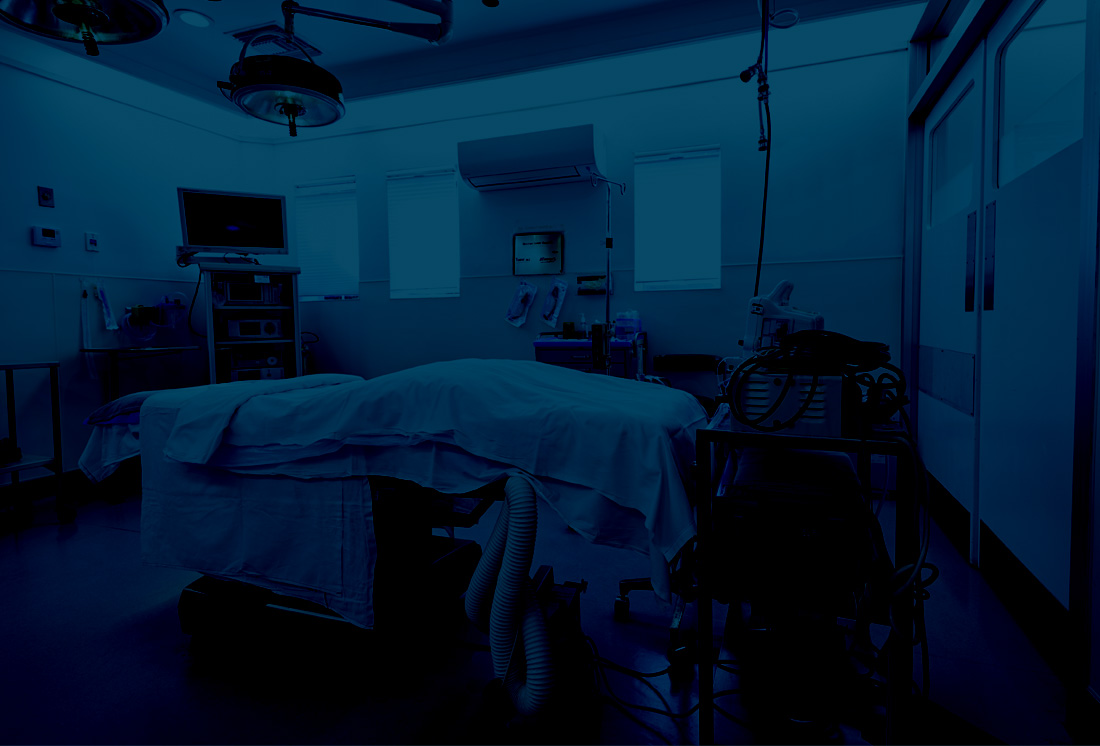Hypepotamus features ReSuture
October 2, 2019


October 2, 2019

Hypepotamus | Atlanta, GA | Oct 2, 2019
When training new doctors, teaching hospitals and medical schools generally use expensive cadaver labs for practice. Some are beginning to use computer simulations to replicate clinical scenarios, but research has shown that hands-on practice is still invaluable for the medical field.
“Recently, residents and training surgeons have had less and less exposure to open surgeries. Teaching residents in the operating room increases costs for the hospital and is not time-efficient,” shares biomedical engineer Hannah Eherenfeldt.
“It has been shown that simulation training can actually reduce surgical complications by 50 percent.”
While interning at the Tulane Center for Advanced Medical Simulation and Team Training, Eherenfeldt saw the need for surgical residents to practice on realistic models.
She met her business partner Benjamin Knapp during that internship, and they started working on a material that had the same mechanical properties as human vascular tissue.
At the time, both were pursuing degrees in biomedical engineering at Tulane.
“We’re starting in the field of vascular surgery because it’s one with the highest rate of surgical complications, and there’s very little simulation in that field right now,” says Eherenfeldt.
ReSuture was founded to commercialize their educational simulation for open vascular surgery with an anatomical-accurate device.
“We can simulate a wide range of vascular surgeries for the students to practice in a controlled and monitored environment before they ever touch a patient,” says Eherenfeldt.
The 3D-printed ReSuture device is about the size of a laptop. It has a small container with dyed water “blood” at the bottom and silicon-based vessels customized to simulate plaque disease and other issues.
An artificial skin pad goes over the encasing, making it feel and cut similarly to live tissue.
Based on the “blood” loss and sutures, students can tell how well they have completed the procedure and be evaluated by an instructor.
“We can actually make situations that are more realistic to what you’d see in the operating room,” she says.
Unlike a cadaver, which it can only be used one time, ReSuture allows students to practice a procedure again and again.
Students can even take it home to practice before a test.
The New Orleans startup has two pilots lined up with Louisiana universities that will begin in the upcoming months.
Eherenfeldt shares that they also plan to add a tech platform that will work in conjunction with the simulator for students to track progress, see class rankings, and submit videos to instructors to showcase techniques.
After vascular surgery, ReSuture will expand into trauma surgery, bariatric surgery, and IV training for nursing students. They plan to sell the product directly to medical schools and teaching hospitals.
The team won the $10,000 Novel Tech Challenge at Tulane University and will be applying to grants and participating in pitch events in the coming weeks to power their upcoming pilots.
© 2026 ReSuture. All rights reserved